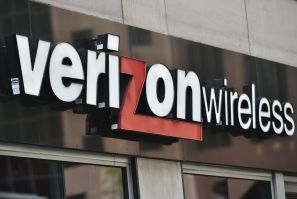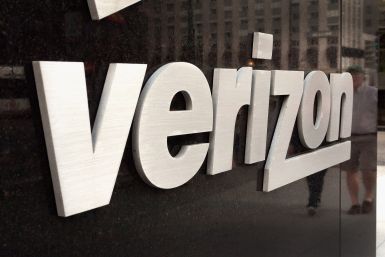Verizon Communications Inc said on Monday it will reorganize its business segments into Consumer, Business and Verizon Media Group/Oath to focus on the types of customers it serves.
5G Home should give incumbent internet service providers a run for their money.
The telecommunications giants apologized for slowing down the Santa Clara County Fire Department's data speeds during a massive wildfire.
The two smaller national carriers have stronger positions in the wholesale market.
SpaceX received FCC approval to build Starlink, its satellite constellation designed to provide broadband internet service.
Mobile internet speeds in the United States have increased in recent years but continue to lag well behind much of the rest of the world.
President Donald Trump's $1.5 trillion infrastructure plan provides opportunities but no guarantees for investment in broadband.
Verizon has announced that it will temporarily lock all of its smartphones from now on.
The Federal Communications Commission is reviewing rules on how a specific slice of radio frequency spectrum is licensed. The proposed changes could jeopardize efforts to close the rural broadband gap.
An app called WeHe that is designed to identify net neutrality violations has been blocked from the App Store by Apple.
A new report has discovered that no servicer provider in Germany has delivered the internet speeds they promised their clients.
President Donald Trump signed an executive order Monday designed to expand broadband internet access in rural communities.
Comcast, one of the largest broadband internet providers in the United States, is preparing to increase the cost of its internet service for subscribers in 2018.
The Federal Communications Commission voted Thursday to roll back support for low-income broadband and phone subsidies, change media ownership rules and remove consumer protections.
The Federal Communications could vote Thursday to remove a functional test designed to guarantee consumers have access to high-speed networks.
Federal Communications Commission Chairman Ajit Pai is proposing placing a cap on broadband funding for low-income families through the Lifeline program.
After purchasing networks from Verizon, Frontier Communications has reportedly been overcharging its customers by hundreds of dollars.
Research given to Wall Street investors suggest broadband internet prices could double as Comcast and Charter look to increase costs.
The 2013 hack of Yahoo was far worse than originally feared, compromising the usernames and passwords of billions of consumers. In some cases telephone numbers and dates of birth were also disclosed.
Some Verizon customers, especially those along the East Coast were experiencing issues making calls and sending messages Tuesday.
As the Federal Communications Commission looks to lower broadband speed standards, a Democratic commissioner is pushing back.
Verizon is disconnecting more than 8,500 people in rural areas from its network for using roaming data.
































